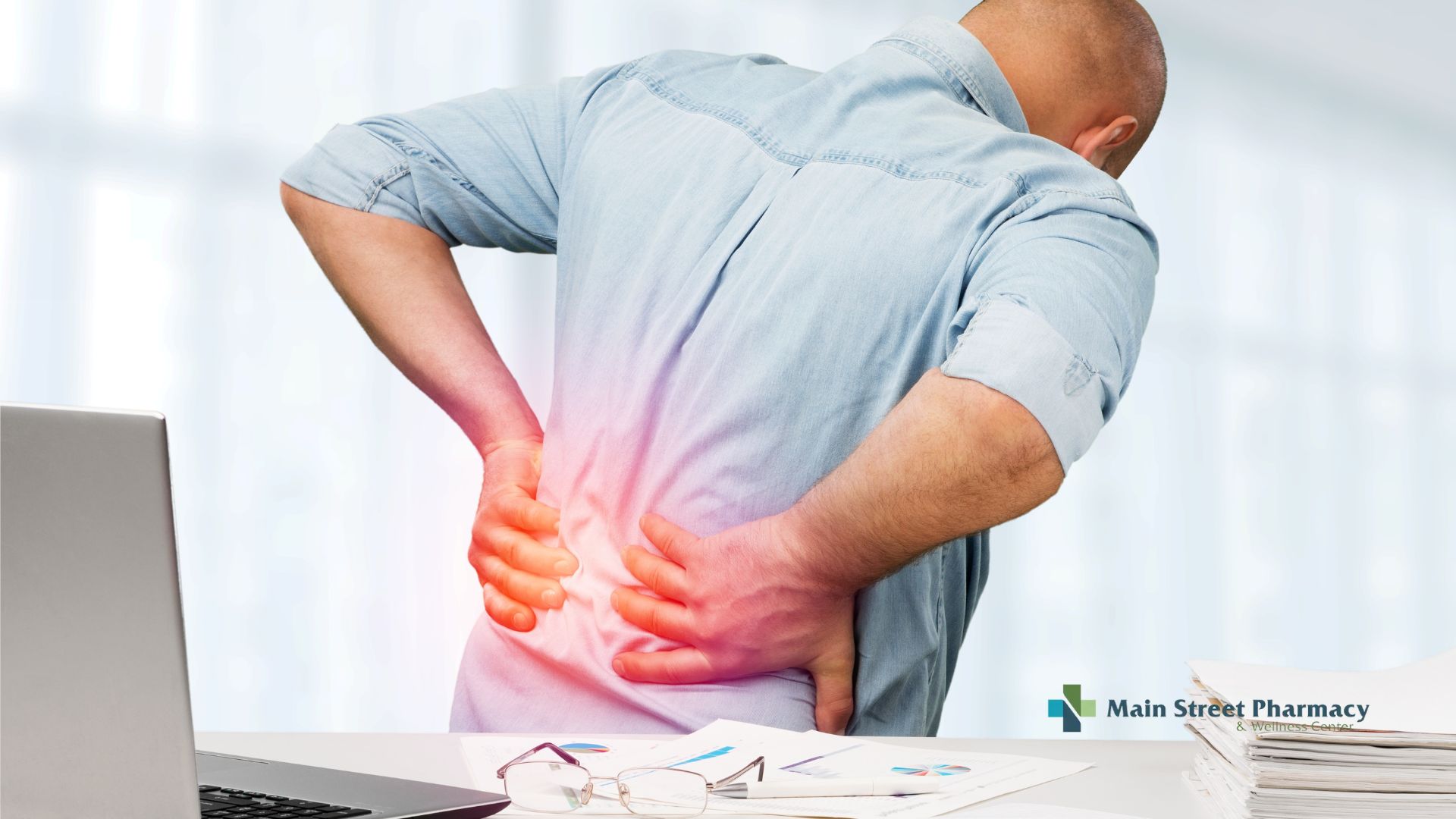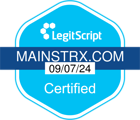Pain is a universal experience, ranging from physical discomfort to emotional distress. While it’s a natural part of life, finding effective ways to manage pain can greatly enhance our overall well-being and quality of life.
Whether it’s acute or chronic, physical or emotional, here are some empowering strategies to help you navigate the challenges of pain management.
- Mindfulness and Meditation: Practicing mindfulness and meditation techniques can be immensely helpful in managing pain. By focusing your attention on the present moment, you can alleviate stress and reduce the intensity of pain sensations. Mindfulness teaches us to observe our thoughts and feelings without judgment, which can change our relationship with pain and promote acceptance.
- Deep Breathing Exercises: Deep breathing exercises are simple yet powerful tools for pain management. By slowing down your breath and focusing on deep, rhythmic inhalation and exhalation, you can activate the body’s relaxation response and ease tension in muscles. Deep breathing also helps to distract the mind from pain and promotes a sense of calmness and control.
- Physical Activity: Engaging in regular physical activity, tailored to your abilities and limitations, can have significant benefits for pain management. Exercise releases endorphins, the body’s natural painkillers, and helps improve circulation, flexibility, and strength. Low-impact activities such as walking, swimming, or yoga can be particularly effective in reducing pain and improving overall well-being.
- Healthy Lifestyle Choices: Adopting a healthy lifestyle can play a crucial role in managing pain. Eating a balanced diet rich in fruits, vegetables, whole grains, and lean proteins can reduce inflammation and support overall health. Avoiding excessive alcohol and caffeine consumption, quitting smoking, and getting adequate sleep are also important factors in pain management.
- Alternative Therapies: Explore alternative therapies such as acupuncture, massage therapy, chiropractic care, or aromatherapy, which can complement conventional treatments and provide additional relief from pain. These holistic approaches focus on restoring balance to the body and promoting natural healing mechanisms, offering a personalized and integrative approach to pain management.
- Cognitive Behavioral Therapy (CBT): CBT is a therapeutic approach that helps individuals identify and change negative thought patterns and behaviors that contribute to pain perception. By challenging irrational beliefs and developing coping strategies, CBT can empower individuals to effectively manage pain and improve their overall quality of life.
- Medication Pain Management: In cases of severe or chronic pain, medication may be necessary to alleviate symptoms and improve function. It’s important to work closely with healthcare professionals to find the right combination of medications with the fewest side effects. Be sure to follow prescribed dosages and monitor any changes in symptoms or medication tolerance.
- Social Support: Building a strong support network of family, friends, and healthcare providers can provide invaluable emotional and practical support in coping with pain. Sharing experiences, seeking advice, and receiving encouragement from others who understand can greatly reduce feelings of isolation and helplessness.
- Self-Care Practices: Prioritizing self-care activities such as relaxation techniques, hobbies, and enjoyable activities can boost mood, reduce stress, and distract from pain. Taking time for yourself and engaging in activities that bring joy and fulfillment can improve overall resilience and ability to cope with pain.
- Seek Professional Help: If pain persists despite your best efforts or significantly impacts your daily functioning and quality of life, don’t hesitate to seek professional help. A healthcare provider can offer expert guidance, conduct thorough evaluations, and recommend appropriate treatment options tailored to your individual needs.
In conclusion, effective pain management involves a multifaceted approach that addresses physical, emotional, and psychological aspects of pain. By incorporating these empowering strategies into your daily routine, you can take control of your pain, enhance your well-being, and live a more fulfilling life. Remember, you are not alone, and there is always hope for relief and healing.






